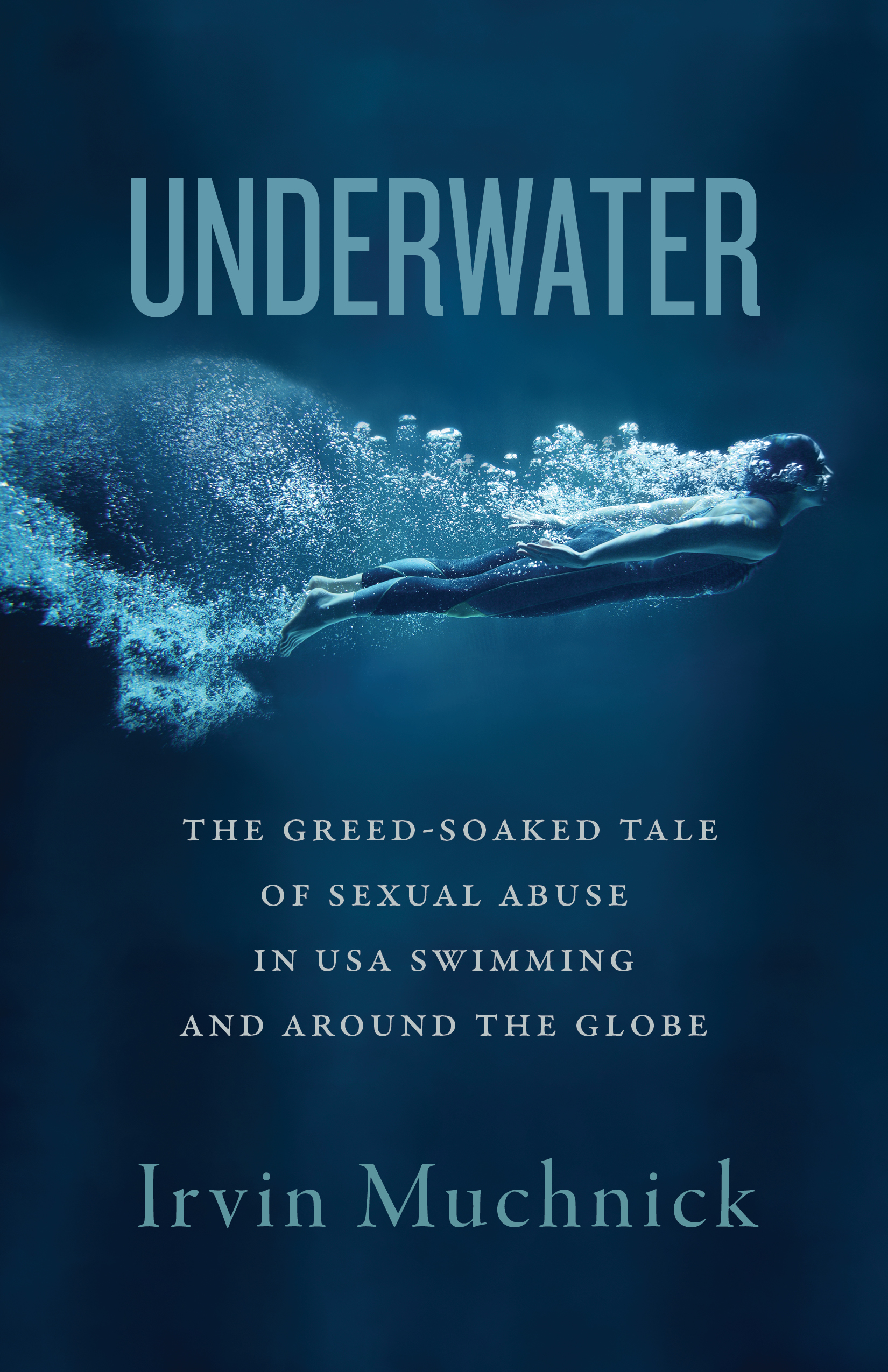“Congressional commission proposals to curb sports coach sexual abuse are rooted in Bay Area” … Full text from Beyond Chron
April 11, 2024USA Gymnastics’ Larry Nassar Abuse Survivors Settle With Justice Department for $100 Million. My Upcoming Book Chronicles the Parallel and Even More Sprawling USA Swimming Abuse Scandals.
April 18, 2024
by Irvin Muchnick
Just months before the Paris Summer Olympics, the little-noticed Commission on the State of U.S. Olympics and Paralympics, or CSUSOP, a blue-ribbon panel created by Congress that includes former Olympians, has produced a report with recommendations of grave importance.
The commission calls for reforming America’s chaotic youth sports system and keeping kids safe from coach sexual abuse. Now, in order to get these crucial reforms to the finish line with relevant legislation, it’s up to the parents of young athletes to support the commission’s two most important recommendations.
Recommendation No. 1 calls for Congress to establish a new federal office to take control of grassroots sports. The commission wants to keep Olympic-track competition in the hands of the United States Olympic & Paralympic Committee (USOPC) and its national sport governing bodies while wresting away casual, recreational and educational life-skills programs in such sports as swimming.
Nearly half a million kids participate in USOPC/USA Swimming-certified after-school practices and year-round weekend meets that are a staple of American life. What the commission now recognizes is that by lumping together these programs and other sports and placing them under the authority of Olympic officials, underage athletes are vulnerable to sexual predation and other abuses by coaches.
Though the public is more familiar with the horror stories of Larry Nassar, former doctor for USA Gymnastics, scores of civil lawsuits alleging coach abuse have embroiled USA Swimming. In 2012, under order of the California Supreme Court, the organization released thousands of pages of internal documents with dossiers on accused coaches and details of the organization’s insurance operations, including an offshore reinsurance subsidiary that operated until recently. USA Swimming became the subject of a federal grand jury investigation in the Southern District of New York for alleged insurance fraud and cover-ups of sexual abuse. (In 2010, USA Swimming began publishing a list of banned coaches, which has now swelled to more than 200.)
In the other key recommendation, CSUSOP proposed spinning off the U.S. Center for SafeSport as a truly independent agency, fully funded and administered by the federal government. SafeSport is a nonprofit that serves as investigator and adjudicator of abuse claims.
Last year, a leaked commission analysis of comments by the public and youth sports stakeholders revealed that SafeSport was “in potential crisis.” According to the CSUSOP’s new report, SafeSport “does not adequately employ trauma-informed practices,” leading to bad results and making many victims reluctant to file claims. SafeSport “has never been able to find its footing,” the report adds. “It must not, however, be allowed to become an enduring example of failure.”
The 277-page report makes a dozen recommendations on various aspects of the Olympic movement, but the two I’ve discussed would finally mark a clean break from the Ted Stevens Olympic and Amateur Sports Act of 1978. That legislation had the unintended effect of putting kids in sports programs — especially the girls in these programs, assisted by 1972’s Title IX legislation — at risk of lifelong trauma from criminal or inappropriate behavior by the adult authorities supervising them.
The CSUSOP report notes that the shifting of control of these programs to USOPC 46 years ago was a relic of the Cold War and a sense of wounded national prestige — “a result of public attention to what was believed to be poor U.S. Olympic showings against Soviet-bloc nations.” Now we must recalibrate “a uniquely American balance” of public-private oversight of youth sports.
Will these recommendations get through Congress, which is divided on just about everything? That will depend largely on a shift in perspective by a bloc whose ownership of the abuse problem is little acknowledged: the parents of youth athletes. Lured by the prospect of athletic scholarships to colleges and fantasies of Olympic glory and riches, most parents have been willing to outsource their parenting and slow to grasp the systematic issues in youth sports until their kids face horrendous outcomes.
It’s time to give elite athletes and their families, driven to make tough choices, an Olympic- ambitious category of their own and let other kids participate in safer programs not driven by money.
The commission has provided an excellent blueprint for these changes. Now parents of athletes need to step up and demand that our elected leaders do the same.
Irvin Muchnick’s bookUNDERWATER: The Greed-Soaked Tale of Sexual Abuse in USA Swimming and Around the Globewill be published later this year by ECW Press.

